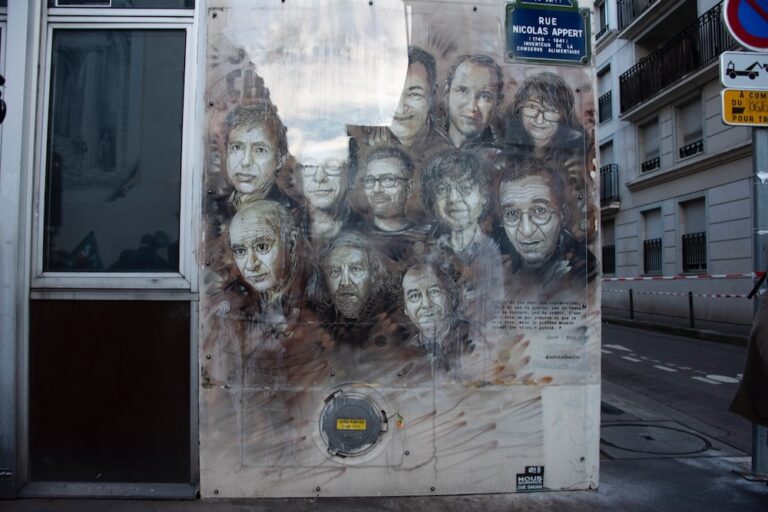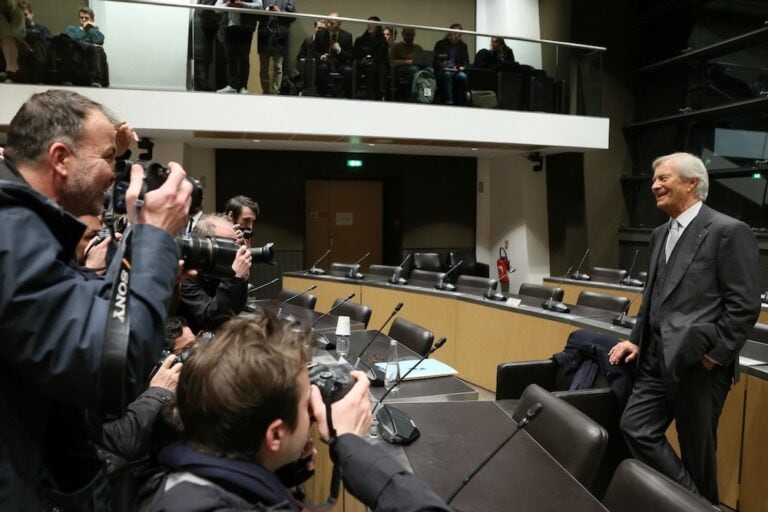(RSF/IFEX) – The following is an 8 February 2000 RSF press release: France: Reporters sans frontières asks members of parliament to oppose clauses in the presumption of innocence bill which may threaten press freedom The presumption of innocence bill is to be discussed on 9 and 10 February in second reading by the National Assembly. […]
(RSF/IFEX) – The following is an 8 February 2000 RSF press release:
France:
Reporters sans frontières asks members of parliament to oppose clauses in the presumption of innocence bill which may threaten press freedom
The presumption of innocence bill is to be discussed on 9 and 10 February in second reading by the National Assembly. While welcoming certain improvements which the government has introduced, Reporters sans frontières asks members of parliament to oppose a number of coercive measures provided for in the bill which may threaten freedom of information in France.
The key modification brought forward by the government to the text adopted in first reading is that the publication of documents which undermine the presumption of innocence or the dignity of a person who is the victim of a crime or an attack will only become the object of a legal action through a complaint of the concerned individual.
Reporters sans frontières notes this improvement but underlines that the current legislation, notably Article 9 of the Civil Code on the respect of private life and Article 38 of the Penal Code on the reproduction of the circumstances of a crime, already crack down harshly on press abuses in France. The new bill calls for sanctions in the form of fines of up to 100,000 francs (15,244 Euros) for the publication of photographs showing “handcuffed or shackled” individuals or the publication of images of “victims of attacks or crimes”. These clauses seem both unnecessary and dangerous, all the more so in that they run counter to both the European Convention on Human Rights and European Court case law.
Therefore, Reporters sans frontières asks members of parliament to oppose any clauses which would introduce new restrictions to the right to inform and be informed, in the name of the defence of the presumption of innocence and the respect of individual rights.


